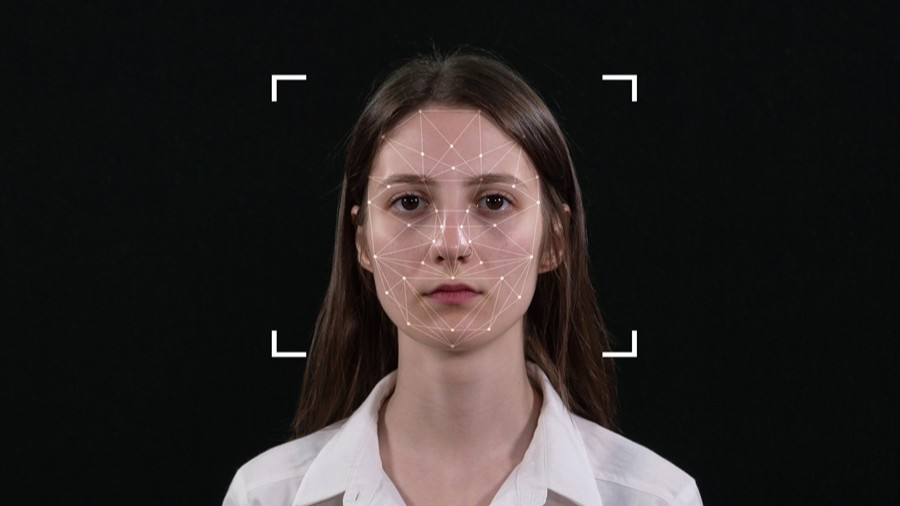On 13 January 2025, the UK government published a new report, ‘The AI Opportunities Action Plan’, which includes 50 recommendations from AI adviser Matt Clifford (a tech entrepreneur) and which the government hopes will be implemented over the next 12 months.
The report comes hot on the heels of the government’s open consultation on copyright and artificial intelligence, which was published on 17 December 2024 and which invites views on proposals relating to ownership of computer-generated works, collective licensing, and transparency across AI companies in relation to training data.
Below, we summarise the report and the consultation, both key indicators that the current government is seeking to work towards striking a balance between securing the UK’s role in developing and deploying AI and also between the interests of rights holders with those of AI developers.
AI Opportunities Action Plan
The AI Opportunities Action Plan seeks to lay the foundations to enable AI by:
- Investing in the foundations of AI.
- Pushing hard on cross-economy AI adoption.
- Positioning the UK to be an AI maker, not an AI taker.
The Action Plan draws on a number of core principles, including:
- Be on the side of innovators, that is, those trying to do “new and ambitious things”. If not, the report argues that the UK will fail to meet its potential.
- Invest in becoming a great customer, with the UK government shaping new markets in AI and boosting the domestic ecosystem.
- Crowd in capital and talent, by attracting global talent to start and scale companies in the UK.
- Build on the UK’s strengths and catalytic emerging areas, including AI within science and robotics, which could have a transformational impact across the economy.
Some of the plans outlined in the report include a 20-fold increase in the amount of AI computing power under control by 2030 (to be achieved by building a brand new “supercomputer” at a location to be decided); the creation of a national data library which comprises state-controlled data that will be made available to researchers and AI companies (with the prime minister noting that health data controlled by the NHS may be a candidate for this library); the creation of a cultural data library, which could hold data from institutions such as the BBC, the British Library and the National Library (such data would be “copyright-cleared”); the creation of a new AI energy council to develop “AI growth zones” which use “clean power”; and changes to the UK’s copyright framework.
By and large, the report explores ways in which AI can be harnessed to support economic growth in the UK and seeks to commit to a pro-innovation stance. Many of the plans appear at first glance to be “ideas” rather than fully thought out propositions, but it is interesting nonetheless to note the types of ideas being floated and which the UK government hopes will come to fruition.
Crucially, the report also notes that “uncertainty” around intellectual property is hindering innovation and undermining the UK’s broader AI ambitions. This is, presumably, partly in response to the tensions that exist between the UK copyright framework and data mining by AI companies, something which the consultation seeks to address (see further below).
Consultation on AI and Copyright
The consultation, which is open until 25 February 2025, seeks to deliver a solution that addresses the needs of both the AI sector and the creative industries, with a view to providing clarity and transparency. It is borne out of the natural tension that exists between the creative industries, which rely on copyright to protect and capitalise on their creations, and AI companies, who rely on access to data (which is typically protected by copyright) to train advance models. The government seeks to address these challenges through the following objectives:
- Supporting rights holders’ control of their content and ability to be remunerated for its use.
- Supporting the development of world-leading AI models in the UK by ensuring wide and lawful access to high-quality data.
- Promoting greater trust and transparency between the sectors.
The government’s proposed approach includes:
- Rights reservation, in terms of which rights holders can reserve their rights in relation to the works. This allows rights holders to seek remuneration at the point of access, for example in the price of a subscription to a library of research material.
- Collective licencing, which should be made available to AI developers.
- Transparency, which requires AI companies to disclose the use of specific works and datasets and would allow for a better assessment of legal liabilities for users and encourage uptake and deployment of new systems.
- Clarification of copyright law, in particular in relation to the “temporary copies exception”, which permits copies of a work to be made during technological processes, for example copies held in browser caches or displayed on computer screens, and which it has been argued applies to the training of generative AI models.
- Clarification of the legal position in relation to AI outputs and the extent to which such output should attract copyright and other IP rights. There has been much criticism of Section 9(3) of the Copyright, Designs and Patents Act 1988, on the basis that i) it applies only to “literary, dramatic, musical or artistic work” which per wider copyright law require to meet the originality test, requiring that the work is the “author’s own intellectual creation” (the implication being that “author” means “human”) and ii) the fact that 9(3) specifies works which are “computer-generated” which potentially implies a lack of human authorship. The consultation hopes that this tension will ultimately be addressed, presumably via legislative reform.
Both the Action Plan and the consultation on copyright and AI represent positive steps towards achieving a balance between i) innovation and securing the UK’s position as an AI powerhouse and ii) rights holders relying on copyright frameworks to protect and exploit their work.





